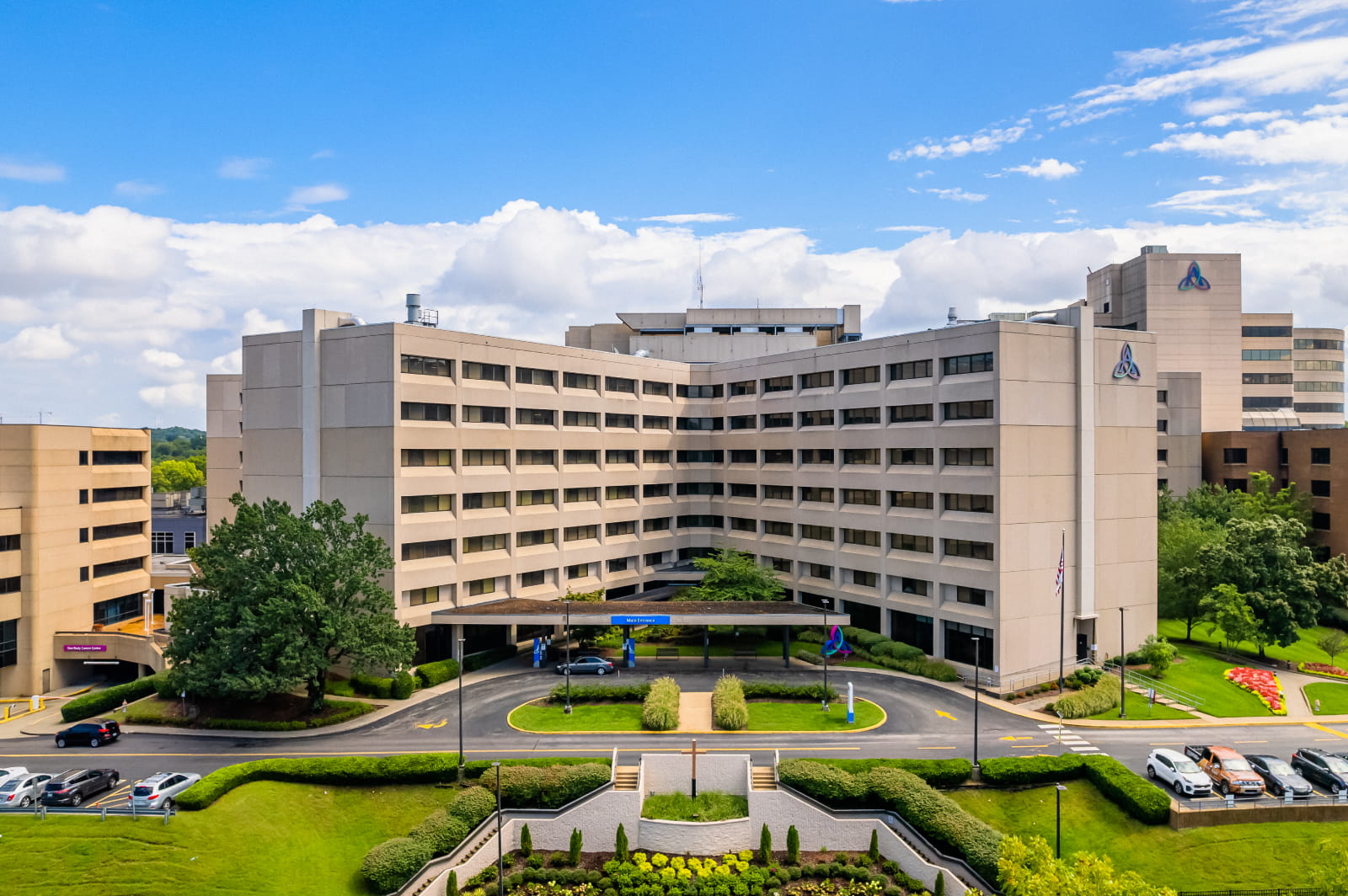
Excellence in kidney transplantation
-
Faster transplants and higher organ acceptance
- Higher-than-average organ acceptance rate: Our center accepts more donor kidneys than the national average, helping patients get transplants faster.
- Reduced waiting times: We actively review every organ offer to prevent unnecessary discards, ensuring more patients move off dialysis sooner.
-
Advanced transplant options
- Preemptive transplantation: Patients not yet on dialysis are prioritized to receive a kidney transplant before dialysis becomes necessary.
- Living donor kidney transplants: We fast-track living donor kidney pairs to ensure surgery happens as quickly as possible.
- Paired donor exchange (National Kidney Registry): If your living donor isn’t a match, we offer access to a nationwide paired kidney exchange program.
- Combined heart-kidney transplants: Our heart transplant program allows us to perform dual transplants for patients who need both a heart and kidney.
-
Comprehensive and supportive patient care before and after transplantation
- Dialysis access: Our transplant surgeons also perform dialysis access surgeries, ensuring continuity of care before transplantation.
- On-site lodging for long-distance patients – Seton Lodge/The Inn at Ascension Saint Thomas offers affordable and convenient accommodations inside the hospital.
- Educational classes:Whether you are a donor or a recipient, our transplant care team is dedicated to offering educational workshops to know what to expect on your care journey.
- Wellness program:
- You will receive support that includes a personalized exercise plan from a clinical exercise physiologist, nutrition guidance from a licensed dietitian, and group education sessions on medications, financial planning and more.
- Dialysis access: Our transplant surgeons also perform dialysis access surgeries, ensuring continuity of care before transplantation.
-
How do I start the process for a kidney transplant?
Contact our transplant center to get started. Our transplant navigator will take a brief patient history and submit your information for an evaluation by one of our surgeons.
After they approve you to move forward, you are then contacted to set-up an appointment for an evaluation. During the evaluation, you will meet with members of the transplant team, learn expectations, criteria and requirements for a successful transplant experience.
-
How long will my transplanted kidney last?
A kidney from a deceased donor usually lasts, on average, about 7 to 12 years, while a kidney from a living donor lasts, on average, 15 to 20 years.
-
How will you find the right kidney for me?
Finding the right kidney involves looking at many factors. We consider donor details like age, medical history, test results, tissue matching, and blood work to see if the kidney is a good fit for each patient’s unique care plan. Our goal is to provide the best possible match for a successful transplant at the right time.
-
How long will I need to wait for a Kidney Transplant?
In Middle Tennessee, the wait time for a deceased donor kidney transplant is usually between 3 to 7 years, depending on blood type and other factors. However, our team takes a comprehensive approach to transplant, which often allows us to provide a kidney faster than the national average.
We also have a strong focus on living donation because the fastest way to get a kidney is through a living donor. Instead of waiting years for a deceased donor kidney, a living donor could help you get a transplant in just weeks.
-
What kind of kidney can I accept to decrease my wait time
As more people are diagnosed with end-stage kidney disease, transplant waitlists continue to grow, making it harder to get a kidney. The longer someone stays on dialysis, the higher the risk of health complications, including a greater chance of passing away while waiting for a transplant.
In order to decrease waiting times for a deceased donor kidney, we evaluate each kidney individually including those previously considered to be increased risk. These include high KDPI, Hepatitis C-positive, and increased-risk donors. In the right situations, these types of kidneys reduce waiting times by increasing organ availability with outcomes similar to national averages.
-
Am I able to be on the waiting list at multiple transplant centers?
Another way to shorten your wait time is through multi-listing, which means being listed for a kidney transplant at more than one transplant center. Research shows that multi-listing improves the chances of getting a kidney sooner, lowers the risk of dying while on the waitlist, and even provides a survival advantage compared to being listed at just one center.
We strongly encourage our patients to consider multi-listing whenever possible. This approach is supported by leading transplant organizations, such as the American Society of Nephrology and the American Society of Transplantation. UNOS (the national transplant organization) allows multi-listing, and we’re happy to help guide you through the process.




